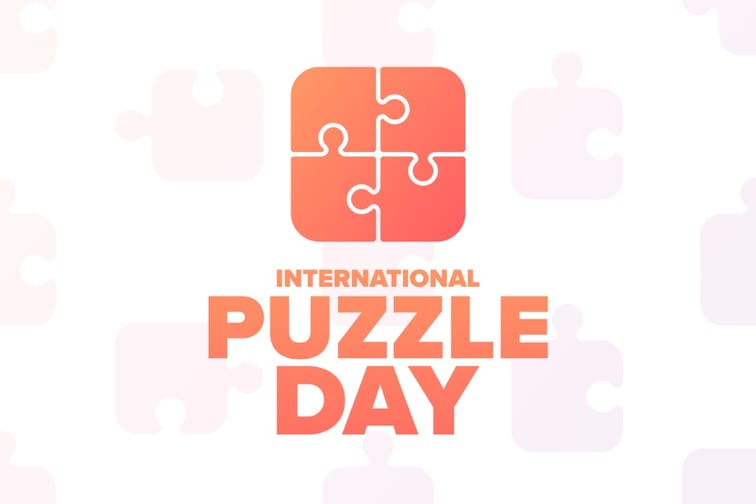

In recognition of National Puzzle Day today (January 29), Aviva has delved into the UK’s longstanding fascination with puzzles, tracing its roots back to the early 20th century.
To celebrate the event, the insurer showcased an almost 120-year-old sample to highlight just how much the activity has evolved.

Historically, puzzles were more than just leisure activities; they played a role in employment processes. In 1905, Norwich Union, a predecessor of Aviva, required applicants for a Clerk position at its Norwich head office to complete a challenging set of puzzles.

Candidates faced a range of tasks, from solving complex mathematical problems without the aid of calculators to geographical questions involving the identification of locations such as Bloemfontein, Berlin, and Brisbane. Additionally, applicants were tested on their ability to correct and transcribe text, including shorthand writing.
Contrasting with this historical context, Aviva’s recent research highlights the modern-day engagement with puzzles in the UK. UK adults reportedly spend an average of 169 hours per year on puzzles. The study found that 17% of participants engage in puzzles daily, while 22% do so most days, averaging 11 puzzle sessions each month.
Unlike the formal setting of 1905, contemporary puzzle enthusiasts cite enjoyment (54%), mental stimulation (54%), self-challenge (47%), and relaxation (43%) as their primary motivations. Crosswords are the most popular, attempted by 46% of UK adults in the past year, followed by word searches (41%), Sudoku (37%), and jigsaws (34%).
Time spent per puzzle session varies, with 38% dedicating 30-60 minutes and 8% spending two to three hours. On average, a typical session lasts around an hour and 15 minutes.
“Our research suggests we are a nation of puzzlers, using our leisure time to challenge our minds,” Aviva brand director Phoebe Barter said. “Most of us love to give our minds a workout, often picking up a puzzle several times a month. It’s the feeling of satisfaction we get when a puzzle is solved and everything becomes clear.”
What are your thoughts on this story? Please feel free to share your comments below.
